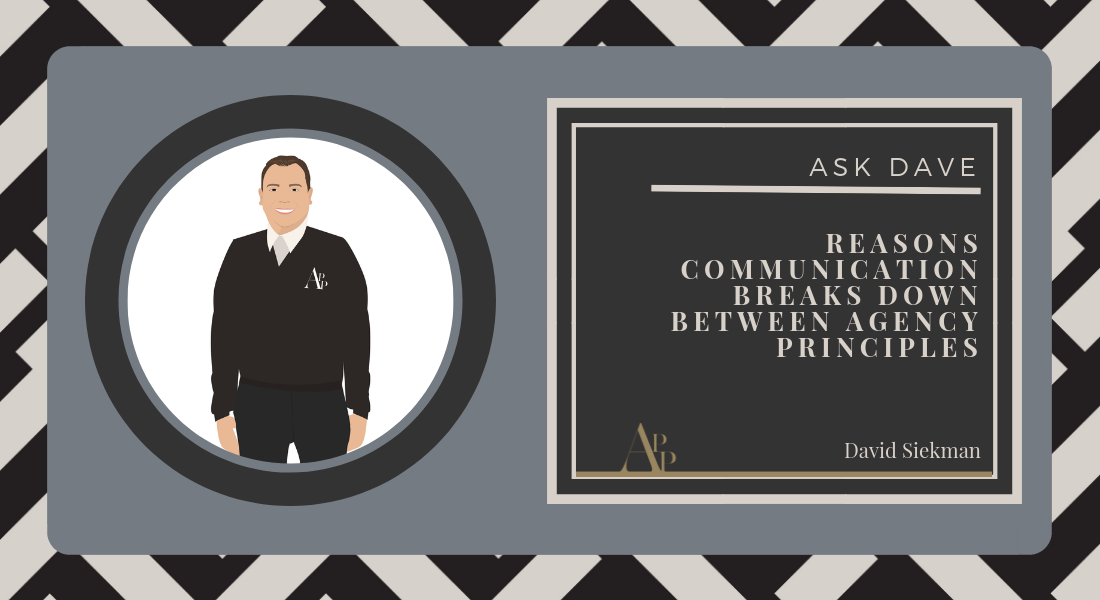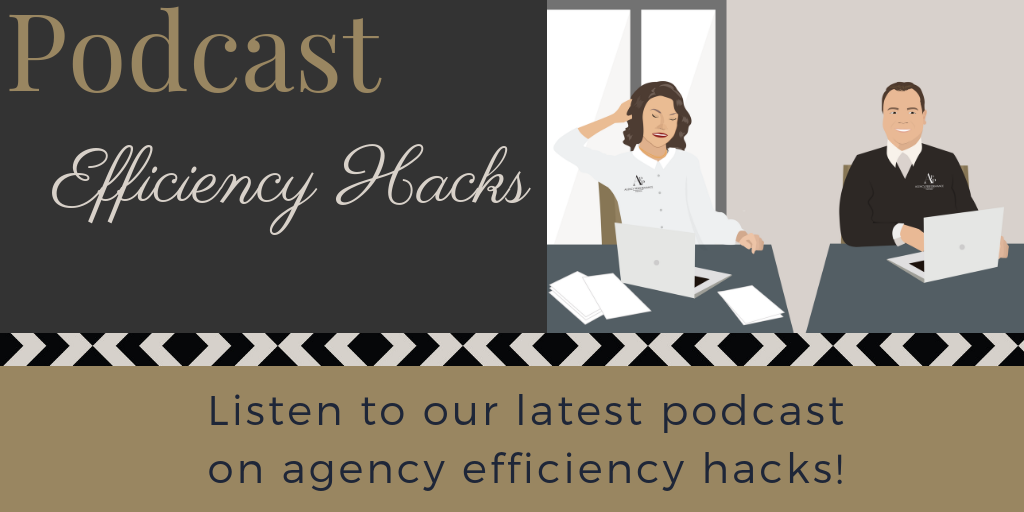Focusing on a new area can often lead to a decrease in attention in another. Most of the time this is unintentional however it can also be more subversive. Trying to improve our sales skills and sales process can lead to a decrease in service. This can be unintentional as a new understanding of the importance of timing and prioritization of new quotes can lead to missing areas to provide excellent service to existing clients. It can be intentional if an employee sees an opportunity to make more money focusing on hitting sales bonuses at the expense of service.
As part of our AppX Sales program, we highly encourage a sales incentive program to encourage the staff to sell more policies and clients. Without new sales, growth is impossible. Of course, when retention suffers, it makes growth difficult. Ideally we increase new sales without a negative effective effect on retention, or even have a good enough focus to improve both!
Unintentional effects of a focus on sales occurs when a team member or the entire department spend so much effort on sales that they lose sight of the tasks associated with maintaining a high service level. While most agents acknowledge a need for increased sales, there often isn’t a plan to address how to improve sales without affecting retention.
Not surprisingly, intentional efforts to abandon service efforts to focus on sales to increase money made by an Account Manager have even more dramatic effects on retention. Clients that are not even receiving an effort around service are going to move very quickly. There is also a major negative effect on morale as the other teammates scramble to fill-in to satisfy clients.
Identifying If You Need a Sales Role
There are two items we suggest be reviewed when service levels are dipping when improving sales. First, if there is one individual that is focusing more on sales, you may consider if they should play a larger sales role. As we all know, finding people that want to sell can be difficult. If you have one on your team, is there a way you can reassign responsibilities to put more sales in the hands of the person that wants them? This also helps to reduce the sales effort for the rest of the team that may be happy to give it up.
Setting Goals
If the entire team is struggling, we recommend including a retention goal component to the sales bonus structure. In a very simple model, you may be paying the staff $25 for every policy sold. If the staff can each write 10 policies in a month, they’d get $250 and the agency would see new business increase (adjust the numbers to suit your agency). However, if cancellations go up, retention goes down and our net new business doesn’t improve which means growth goes back to previous levels as well. In this scenario, the employee is still getting the $250 but the agency isn’t improving.
If we add the retention goal component, it creates a scenario where the importance of service and sales together is the focus for the employees. Let’s say our theoretical agency has an average monthly retention rate of 92%. If the rate dips down under 92%, we’d only pay 50% of the bonus. If it dips down under 90%, we don’t pay it at all. On the other hand, if it goes up over 94%, we increase the bonus by 50%. If the retention rate goes up to 96%, we double it! Now we are lining up the two sides of growth (retention and new business) with a focus on both service and sales. The employees are then compensated parallel to the financial effects on the agency of their efforts.





